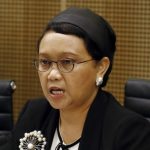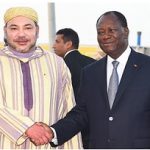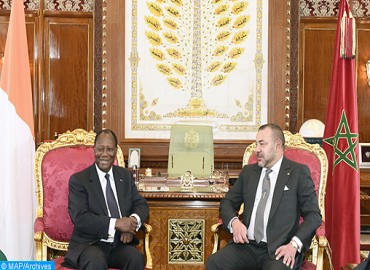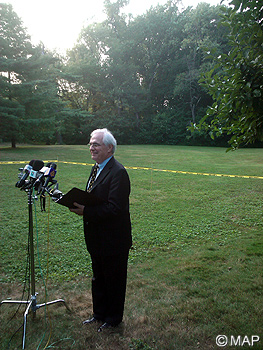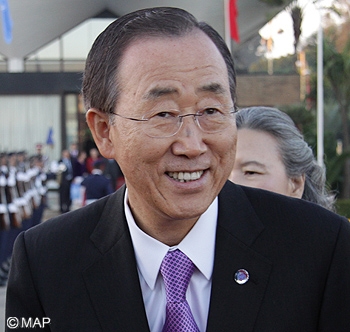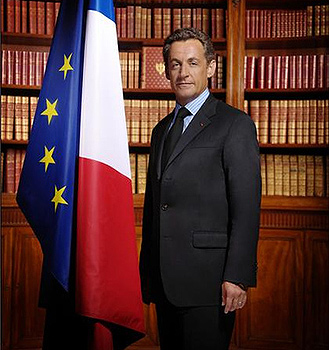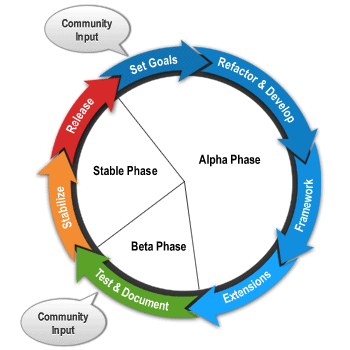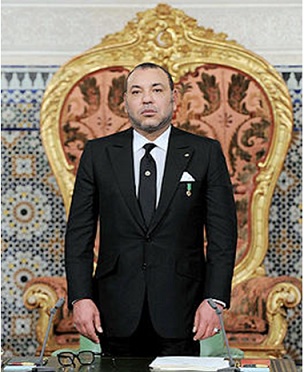Morocco’s Responsibility to a Clean Energy Transition
PERSISMA, Rabat – Ahead of the climate conference to be held in November 2016 in Marrakesh, Morocco is experiencing a dynamic transition toward clean energy.
With numerous projects already implemented and others planned, the country is on its path to becoming energy self-sufficient. This energy transition, in addition to being environmentally friendly, offers enormous economic advantages and relieves the burden of importing traditional, fossil-based energy sources. However, active involvement by the citizens and all parts of government must take place this year if Morocco hopes to show the world that it is truly a global leader in renewable energy.
Morocco’s quest for cheap energy alternatives is the outcome of ambitious policies initiated by the government in order to meet international conventions. Law 57-09, related to the creation of the Moroccan Agency for Solar Energy (MASEN), is part of a large energy project which was launched on March 18, 2010. This plan aims at generating 2,000 MW of the country’s energy needs by 2020 based on solar power, especially by carrying out mega-projects such as the phenomenal solar plant Noor. Minimizing energy consumption was the subject of bill 16-09.
Pertaining to a government strategy, this bill sets a 2030 horizon for cutting domestic energy consumption by 15%. In addition, the government put in place laws enhancing partnerships between the private and public sectors. These laws organize procedures, contracts, and investments in renewable energies. These policies lay ground to less dependence on fossil fuels, more energy efficiency, and economic benefits.
Morocco’s shift towards affordable energy holds a promising future for the country’s economy. Given its labor-intensive nature, the sector of renewable energy represents a vital source of employment, including indirect jobs in areas such as research and development, transportation, and government. It will also lead to diversifying the economy and therefore creating new sources of growth which in turn will increase income.
The clean energy sector will enable Morocco to become a new market and attract a new form of investment. Furthermore, the new energy trend will largely contribute to the nation’s industrial development. By deploying renewables-based energy, Morocco will also overcome the health risk resulting from pollution and improve its citizens’ well-being and productivity. An energy transition will ensure Morocco’s economic prosperity in the future.
From the wonderful beaches where we indulge in the summer time to the mountains whose freshness and hospitality we embrace, all of Morocco’s varied ecosystems are more than ever endangered. Citizens and the government must take note of the fact that our country is particularly vulnerable to climate change due to its position between a great ocean and the world’s largest desert. Sea level increase along the coastlines and unprecedented temperature rise lead to extended periods of droughts and aridification – already being felt in the southeast.
The country is encircled by all forms of climate change (sea level rise from the north, northeast, and west, and the advancing of desertification in the south and southeast), making it a vulnerable prey to climate change. Therefore, everyone should participate, including public authorities (by drafting policies preventing buildings along coastal areas for instance) and citizens from all parts of society (by educating themselves about climate change).
Behind the seemingly prestigious status as host of the next conference lays, however, a burden of education and sensitization. Moroccans have the responsibility of showing the world that they too, and not just their government, are determined to respect the environment and act in accordance to the new global challenge. The state should encourage people to employ clean energy sources like the use of solar panels in their domicile. They should also be taught responsible trash removal and recycling strategies. This can be achieved in the next few months through extensive government campaigns.
Reaching out to schools, universities, and youth centers is an adequate measure to start with. Also, adopting educational and interactive methods appropriate to age groups, professions, and areas of residence (urban, rural) is crucial to having an informed citizenry. Media organizations, in the form of local television channels and radio stations, should equally share the burden. Only by dedicating part of their air time to raising awareness would Moroccans be ready between now and next November. Additionally, social media websites should be effectively employed for the sake of this cause. In organizing such a colossal, global event, mobilizing average citizens is key to success.
In order the reach the economic, environmental, and social goals set forth in recent years, Morocco must put forth additional effort. The country certainly can play a leadership role at the upcoming climate change summit in November. The mere holding of the event in Marrakesh shows Morocco’s good intentions in cooperating with the international community to address the issue of climate change. However, beyond hosting the summit, serious mass mobilization and active citizen involvement is required. (By Abdelmohsine El Hallouati)

